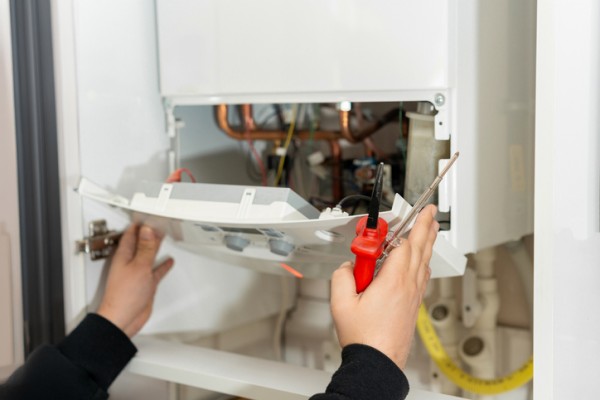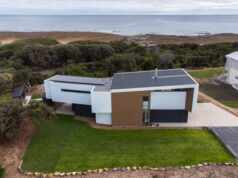
Solar hot water systems are a popular choice across Australia, offering energy savings and environmental benefits by harnessing the sun’s power to heat water. However, to ensure your system runs safely, efficiently and in compliance with Australian regulations, it’s important to understand when and how to use your booster.
What is a booster and why do you need it?
A booster is an auxiliary heater, often gas or electric, that kicks in when your solar system can’t heat water sufficiently, such as during cloudy days or overnight. Australian plumbing and health regulations require stored water to reach at least 60 °C daily to eliminate harmful bacteria like Legionella, which can cause Legionnaires’ disease. Your booster helps meet this critical hygiene standard while maintaining comfort and convenience.
When to turn your booster on
- Cloudy or cold days: If your solar panels aren’t producing enough heat, turn your booster on to maintain water temperatures above 60 °C. This is especially important in southern states such as Victoria, Tasmania and South Australia during winter months.
- Overnight: Solar collectors need daylight to heat water, so boost your system overnight if temperatures fall too low.
- After periods of non-use: If your home has been vacant for a while, turning the booster on before use helps ensure hot water is ready and safe.
- During grey weather: Consecutive overcast or rainy days may require booster use to keep hot water at safe levels.
When to turn your booster off
- Warm, sunny days: On clear, sunny days—particularly in northern and tropical regions—your solar system will likely heat water adequately without booster assistance. Turning it off saves energy and costs.
- Vacations or extended absences: When the house is unoccupied, turn off the booster to avoid unnecessary energy use. Just remember to switch it back on before you return.
- During peak electricity tariff periods: If your booster runs on electric power, switching it off during high-rate times can reduce your energy bills. Some systems allow timer settings or smart controls for this purpose.
Tips to optimise your booster use
- Use your system’s controls: Many solar hot water systems have a booster switch located near your meter or controller panel. Familiarise yourself with its operation to manually turn the booster on or off as needed.
- Monitor water temperature: Some systems provide real-time temperature monitoring; use this data to decide if booster heating is necessary.
- Combine with maintenance: Schedule regular system checks and cleaning alongside booster operation adjustments to ensure long-term efficiency and safety.
- Consider smart controls: Upgrading to a smart booster controller that uses weather forecasts and electricity tariffs can optimise booster use automatically.
Compliance and safety considerations
Australian standards such as AS/NZS 3500 govern plumbing installations, including solar hot water systems and booster use. Regular maintenance by licensed plumbers ensures your system meets safety and water quality requirements, protecting your family and your investment.
| Situation | Booster action | Notes |
|---|---|---|
| Overnight or cloudy days | Turn on | Ensure water reaches 60 °C for hygiene |
| Warm, sunny days | Turn off | Solar heating sufficient |
| Extended absence (vacation) | Turn off | Save energy, turn back on before use |
| Peak electricity tariff periods | Turn off | Reduce running costs |
Using your solar hot water booster effectively balances energy savings with hygiene and safety. By adapting booster use based on weather, occupancy and electricity tariffs, you’ll enjoy hot water on demand while keeping costs and environmental impact down.
If you’re unsure about operating your booster or need professional advice on installation and maintenance, consult a Clean Energy Council (CEC) accredited installer or licensed plumber near you.





